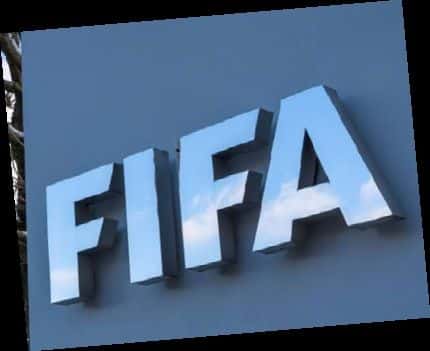FIFA Approves Interim Framework on Player Transfer Regulations Following CJEU Decision
After a recent ruling by the Court of Justice of the European Union, FIFA has announced the approval of an interim framework regarding the Regulations on the Status and Transfer of Players. This decision comes in the wake of a dispute involving former footballer Lassana Diarra, which led to the CJEU finding certain FIFA player transfer regulations to be in violation of EU law and free movement principles.
The interim regulatory framework will have implications on the burden of evidence for both compensation payable and inducements to breach a contract, as well as the calculation of compensation in the event of a violation. The framework defines “just cause” as a circumstance in which a party can no longer reasonably and in good faith continue a contractual relationship.
The specific computation parameters that were deemed objectionable by the court will no longer serve as the foundation of the interim regulatory framework. Instead, compensation will be determined objectively and transparently to restore the party harmed by a contract breach to their pre-breach state.
Prior to the implementation of these temporary changes, set to take effect on January 1, 2025, FIFA engaged in discussions with major stakeholders. However, the players’ organization FIFPRO declined to participate, criticizing FIFA’s decision-making process and expressing dissatisfaction with the lack of legal certainty provided to professional footballers.
FIFPRO stated, “The measures do not provide legal certainty to professional footballers and do not reflect the judgement by the European Court of Justice.” The CJEU ruling also specifies that refusing to sign the International Transfer Certificate (ITC) is considered illegal.
In 2015, after FIFA instructed Diarra to pay Lokomotiv 10 million euros in damages, the player took legal action against the Belgian FA and FIFA for compensation. The interim framework aims to address the concerns raised by the CJEU ruling and establish a more equitable system for player transfers in accordance with EU law.








